Expert: UK plan to send asylum-seekers to Rwanda ‘contravenes Geneva Convention'
A plan by the UK government to forcefully send asylum-seekers to the East African Republic of Rwanda has come under harsh criticism by the UN refugee agency and international NGOs, with a migration expert saying the plan is “contrary to the letter and spirit of the Refugee Convention.”
British Prime Minister Boris Johnson announced on Thursday that the migrants and asylum-seekers illegally entering Britain would be sent thousands of miles away to Rwanda as part of a deal with the African country.
Johnson claimed that the deal would stop human smugglers from sending desperate migrants on treacherous journeys across the English Channel.
The move prompted swift backlash from opposition politicians, human rights groups, NGOs, and the UN refugee agency (UNHCR).
“The agreement contravenes asylum law and the Geneva Convention, to which the UK is a signatory. Concerning people who cross the border illegally, the Geneva Convention makes it clear that people who cross a border to seek asylum should not be sanctioned for breaking the law, even if they use smugglers,” Sciences Po University’s François Gemenne, a researcher in the area of migration, said in an interview with France 24 news television network.
“When you are fleeing a life-threatening situation in your own country, it is not always possible to apply for a visa. You have to be able to travel quickly to another country to apply for asylum, no matter how,” Gemenne added.
Outlining the terms of the agreement, the migration expert said, “All people crossing the border illegally into the UK – around 28,000 per year – will be sent to Rwanda, where their asylum applications will be processed from A to Z by Rwandan authorities. In return, the UK will pay Rwanda a substantial sum of £120 million per year.”
Gemenne cast doubt on how the UK-Rwanda deal is to be implemented and where the refugees and the asylum-seekers are going to end up.
“It is not clear how this will be implemented. We do not know how asylum seekers will be sent to Rwanda or how they will be treated after their arrival. Will they be placed in detention centers? Will there be an appeals procedure? Will they have access to interpreters?” Gemenne said.
The migration researcher also warned about the consequences of the implementation the UK-Rwanda agreement for France as asylum-seekers who refuse to cross the English Channel into the UK would file applications in that country instead.
Russian court orders Google to pay staggering fine of $20 decillion
Yemeni forces carried out five operations in Haifa, targeting six ships, in one year: Report
Israeli war machine fails to penetrate Lebanon despite barbaric bombardment: Houthi
VIDEO | Is West's dominance over?
VIDEO | Five Syrians killed in Israeli airstrikes on al-Qusayr near Homs
VIDEO | South African resistance leaders reflect on ways to overcome Israeli aggression
VIDEO | Press TV's news headlines
VIDEO | Netanyahu pressured on a ceasefire


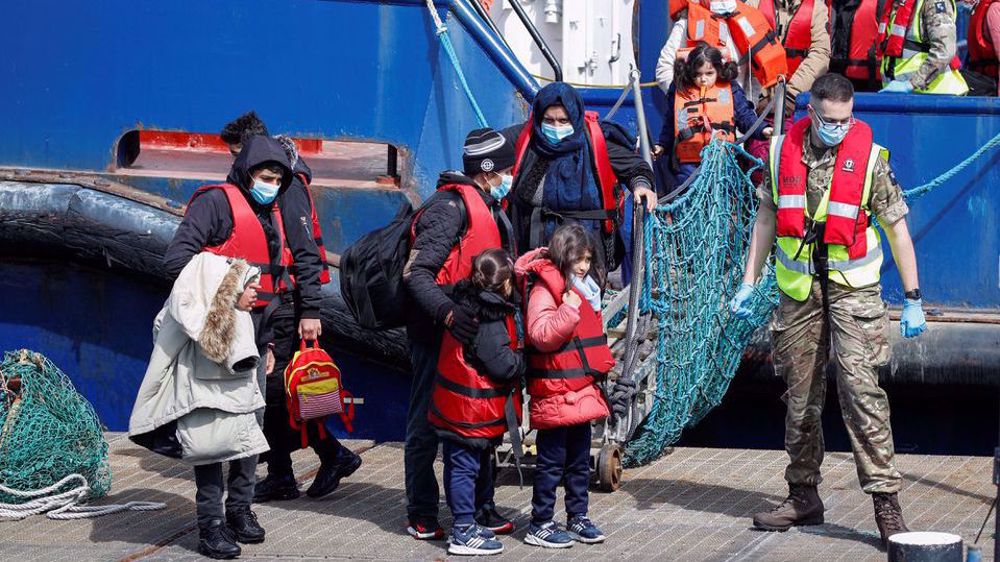
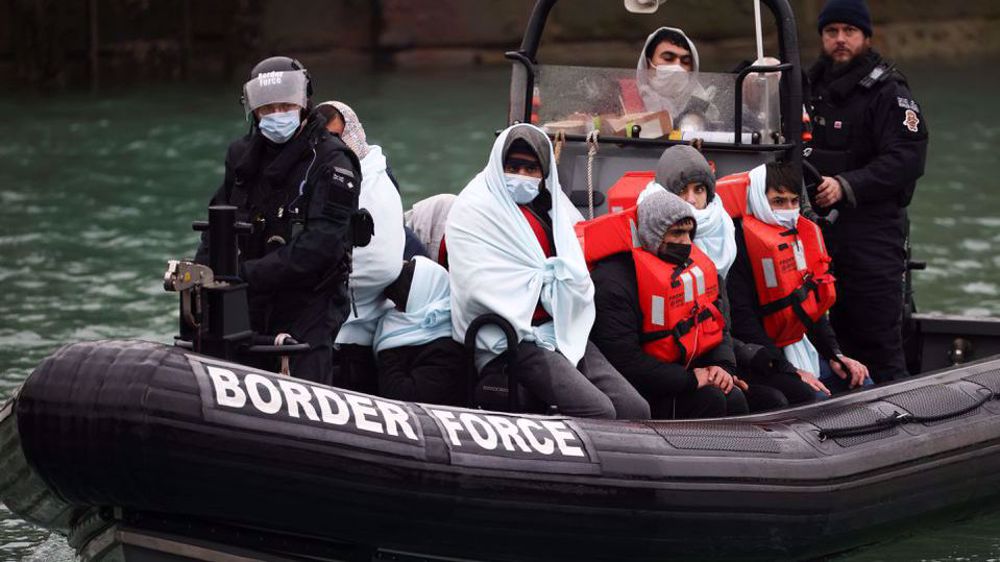
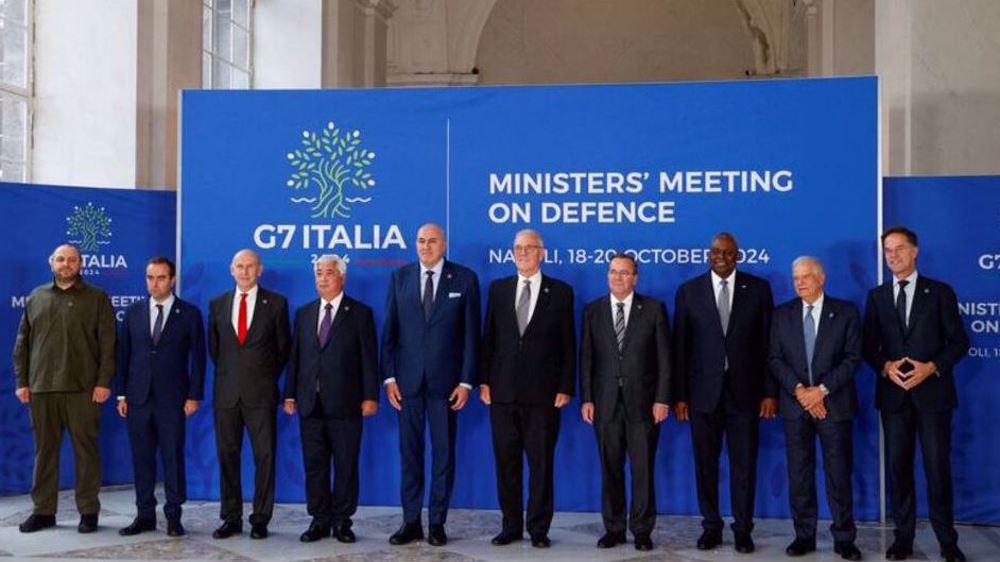
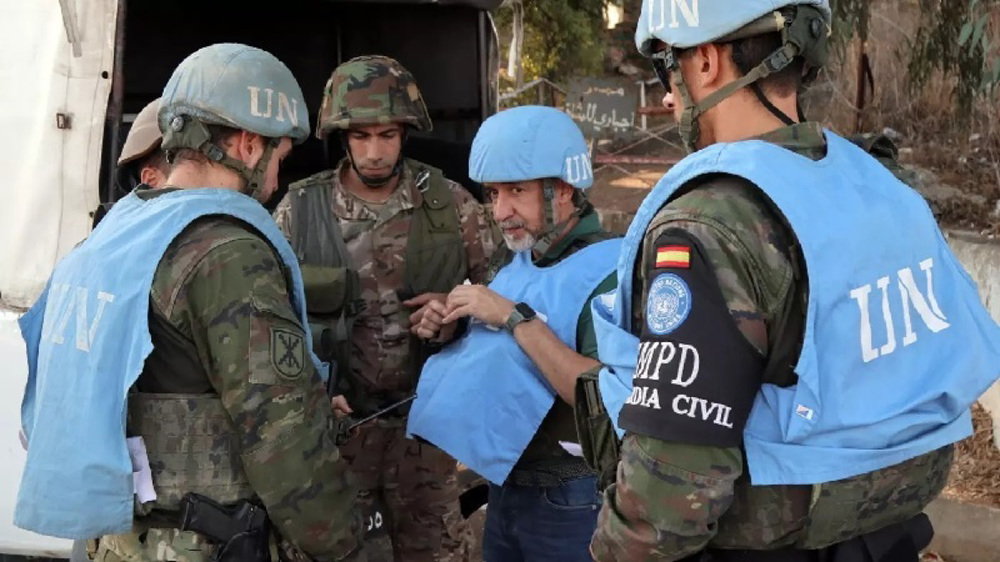
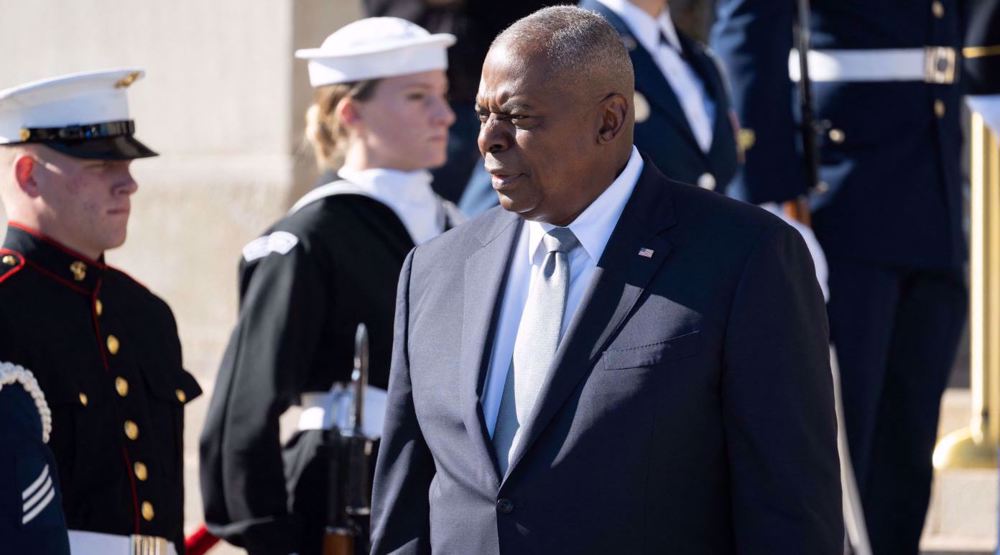




 This makes it easy to access the Press TV website
This makes it easy to access the Press TV website